Secret Museum of Erotic Art in Naples
Categories: Culture
By Pictolic https://pictolic.com/article/secret-museum-of-erotic-art-in-naples.htmlIn our time, it is well known that the ancient Romans were distinguished by very liberal views on sexuality. However, when the ancient Roman cities of Pompeii and Herculaneum were discovered in the middle of the XVIII century, buried under a layer of volcanic ash of Vesuvius, the public was not quite ready to discover also the piquant details of ancient Roman society, namely, the craze for eroticism.

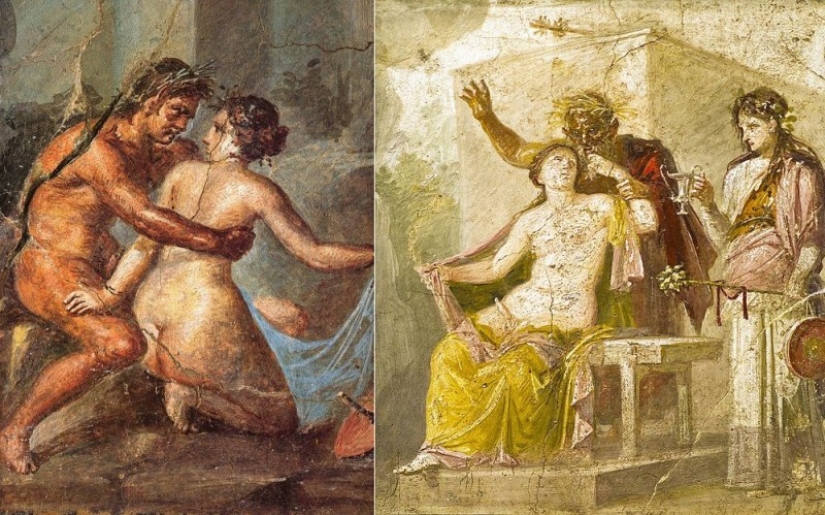
In Pompeii, an extensive sex industry flourished with dozens of brothels, the walls of which were covered with erotic frescoes. Artistic depictions of sex were often found on the walls of bedrooms in rich private homes.
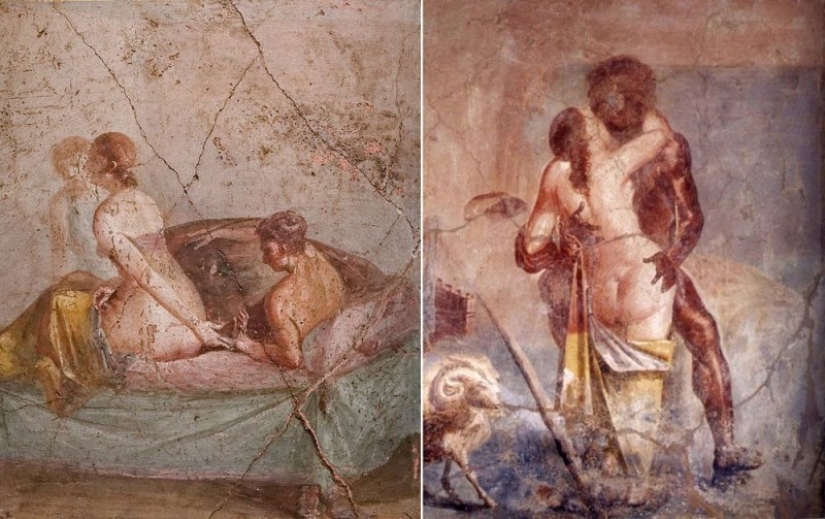
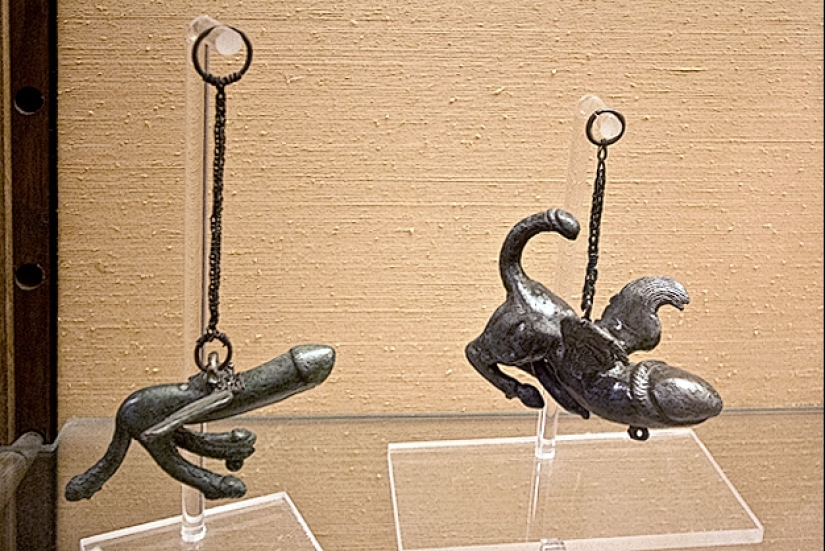
The inhabitants of Pompeii wore phallic-shaped amulets around their necks to ward off evil spirits. And at home, almost every one of them kept a small collection of sexual-themed art objects.
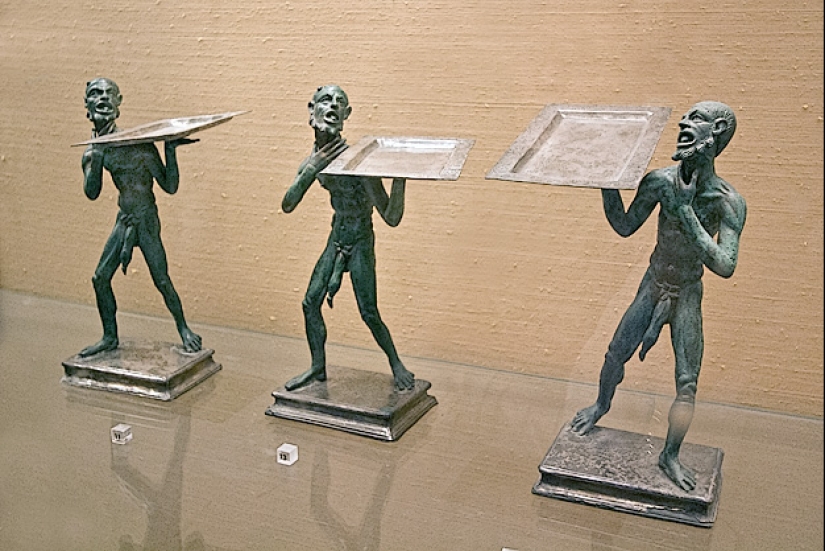
Oil lamps and other phallic household items were often used on the farm.
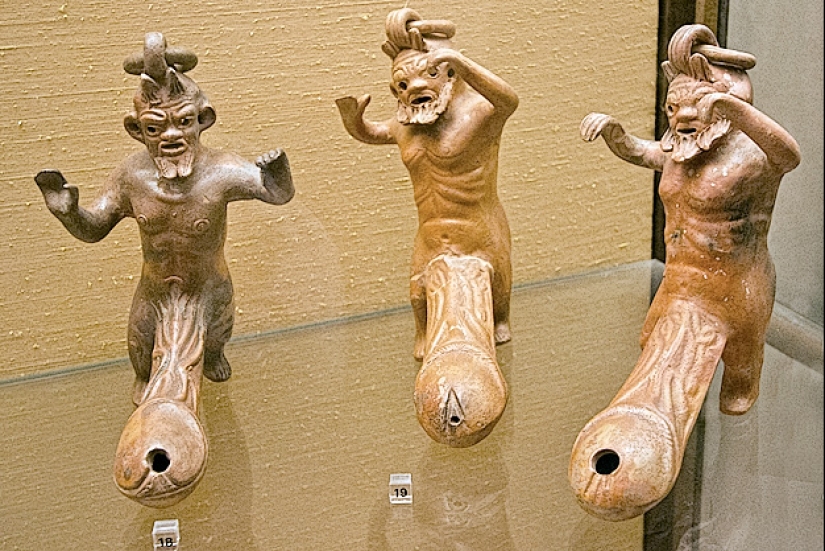
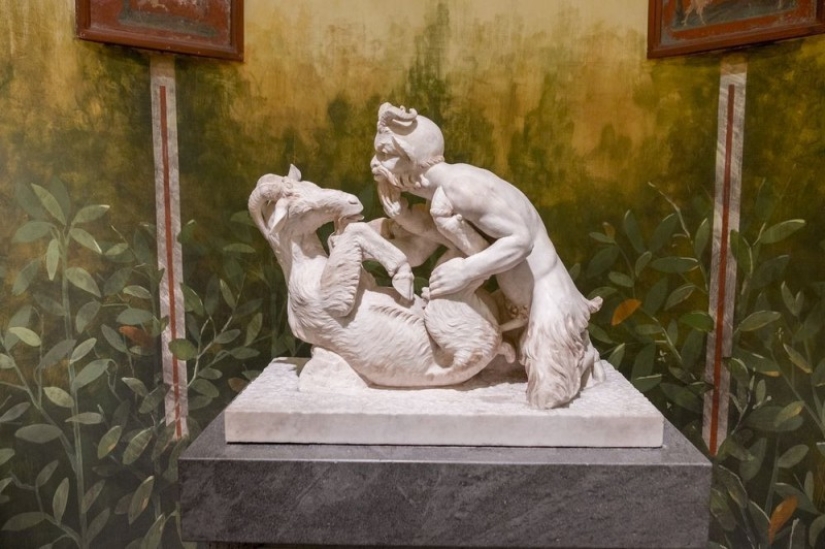
And the most scandalous find was a statue of the Greek god Pan — half human, half goat-copulating with a goat.
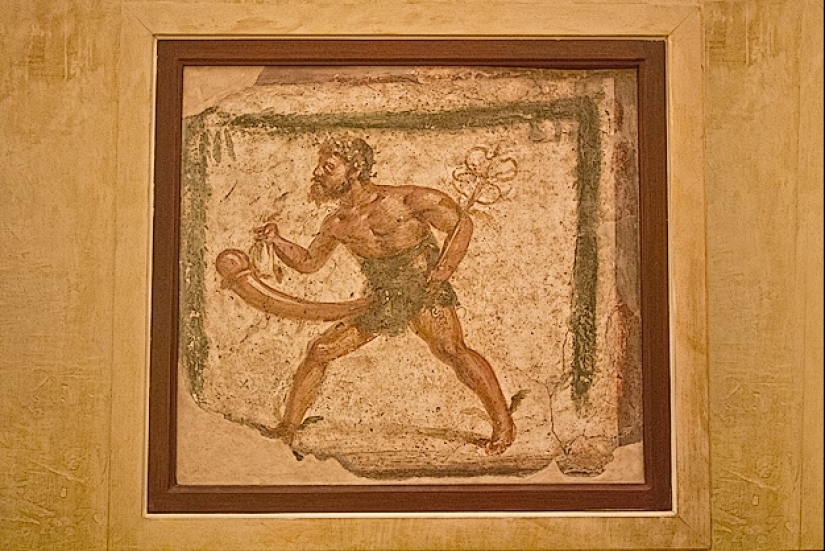
The demonstration of all these sexually explicit materials caused a lot of embarrassment and embarrassment among the public of the XVIII century, so they hurried to hide the obscene antiquities from the eyes of the public, locking them in a secret office.
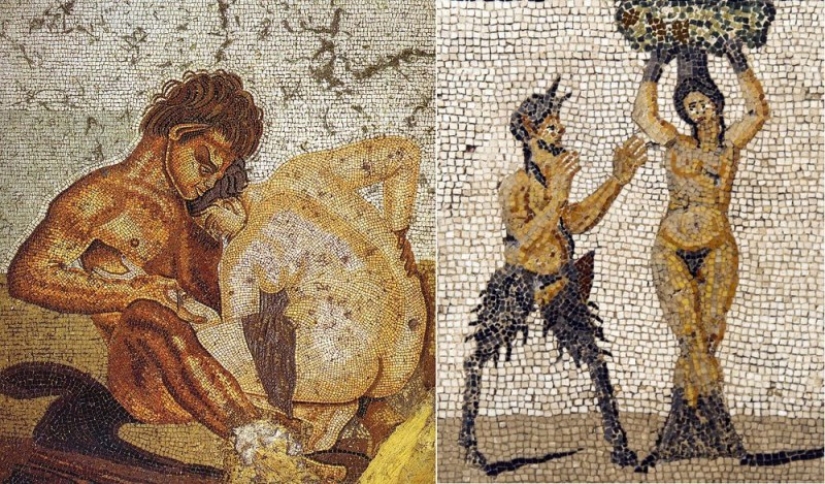
The secret cabinet, or gabinetto segreto, was originally located in the Herculaneum Museum in Portici. Access to it was carried out exclusively by special written permission of the king. But, as you know, bans only fuel interest, so images of frescoes and copies of banned exhibits were produced inside the office and distributed among the French elite.
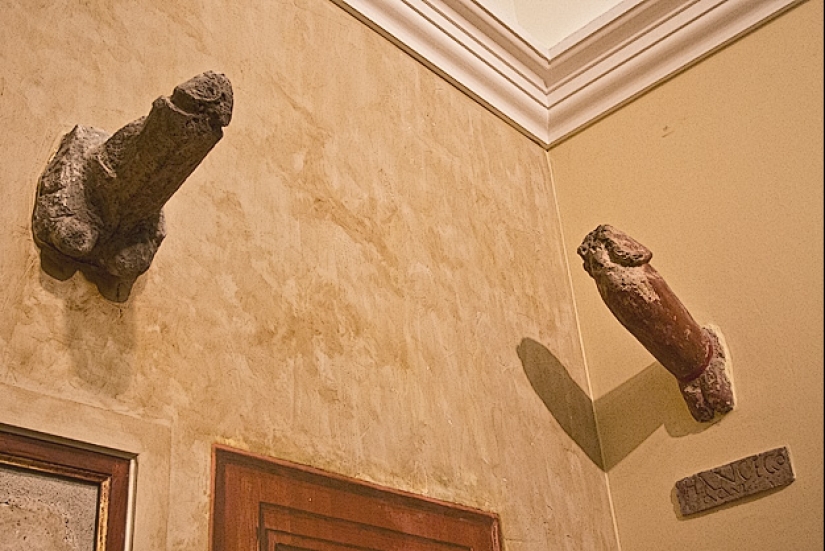
After the transfer from Portici to the National Archaeological Museum of Naples, the collection was briefly available to the public without any restrictions. This continued until King Francis I paid a visit to the museum in 1819, accompanied by his wife and daughter. Hastily escorting the family out, the outraged king immediately ordered to lock the collection in a special hall, where only men of "mature age and established moral principles"can see it. Women and children were strictly forbidden to enter there.
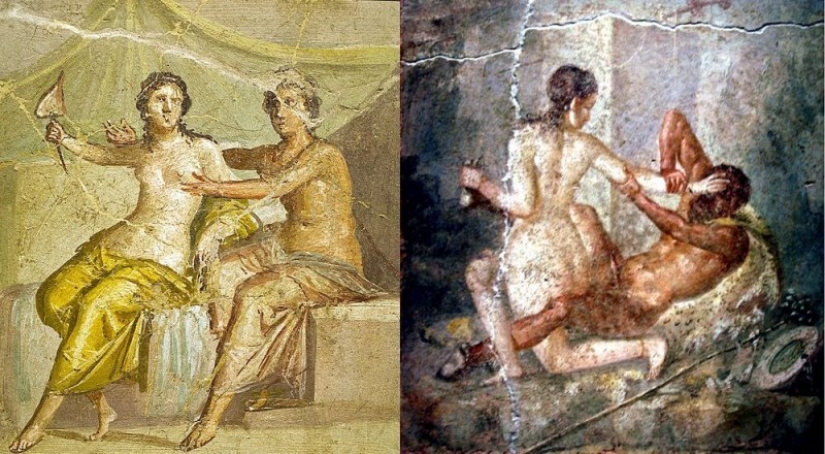
Over the next 200 years, the secret museum remained mostly closed, opening its doors only a few times for a short time. Even when it opened in the 60s, gripped by the sexual revolution, it retained the previous restrictions on entry. It was only in 2000 that the collection finally became publicly available for both men and women.
Keywords: Culture | Museum | Phallus | Erotica | Naples | Sex | Antiquities | Frescoes | Pompeii
Post News ArticleRecent articles

It's high time to admit that this whole hipster idea has gone too far. The concept has become so popular that even restaurants have ...

There is a perception that people only use 10% of their brain potential. But the heroes of our review, apparently, found a way to ...
Related articles

These artists love cats, but also masterfully draw them, often complementing funny and life signatures. Meet! --> Russian ...

What kind of wedding traditions do not happen! The Scots pour dirty slush over the bride, some peoples of India have decided to get ...

Is it possible to laying wood to name a form of art? Turns out you can. Because in the world there are such people, which gently ...

New Year's is a time to surprise and delight loved ones not only with gifts but also with a unique presentation of the holiday ...